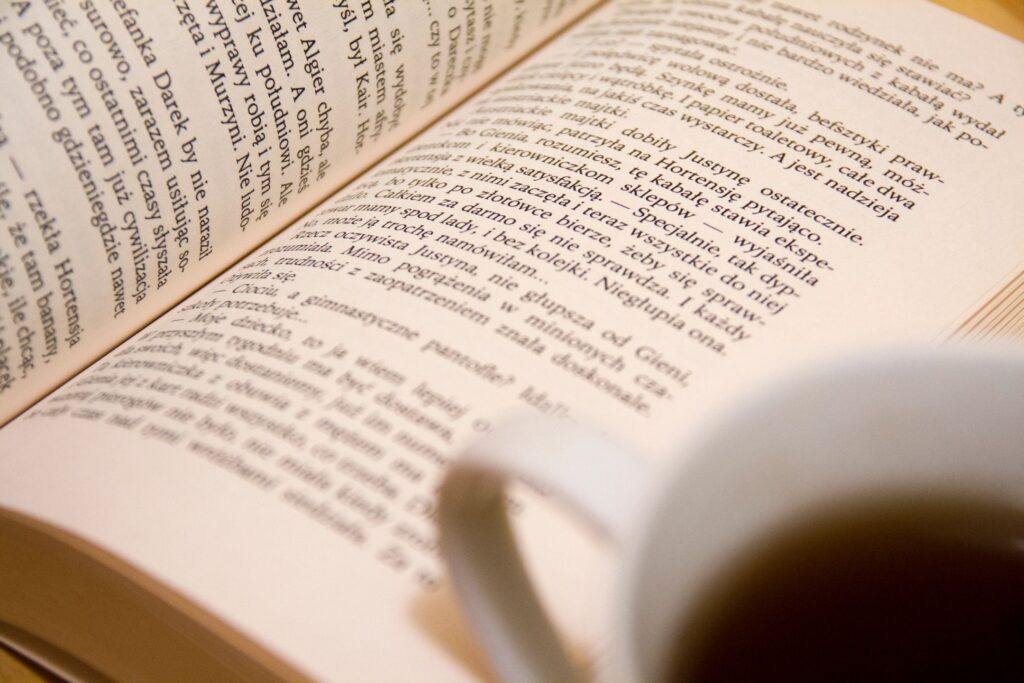Posts by Neil Petersen
What I Learned Writing About 1,000+ Psychology Studies
If you go to get a doctoral degree in psychology, you spend five years reading a bunch of psychology studies. Or so I’m told. I’ve never gotten a psychology doctorate. But I have done something more fun – I’ve written the AllPsych blog for five years. Fifty-five months is about 240 weeks, times three posts…
Read MoreAwareness and Sympathy May Be Key Components of Guilt for Children
Guilt is a negative emotion, but it’s a negative emotion that to some extent is good. If no one ever felt guilt, the world would be a scary place indeed! One question about guilt is how the tendency to feel guilt develops in childhood. We know that some children feel guiltier than other children when…
Read MoreGood Sex and Good Friendships Make People Happier With Being Single
If you’re single, you’re certainly not alone. The US is in the middle of an ongoing shift toward one-person households. As I’ve written about before, single people commonly cite a variety of both positive and negative reasons for their singleness. Some of them enjoy the freedom, some have priorities other than relationships, and some just…
Read MoreSleep and Resilience Can Form a Virtuous Cycle for Teens
Resilience, or being able to bounce back from adverse events, is a useful skill to have – if we didn’t already know that, 2020 has certainly driven the point home! Psychologists know that resilient people tend to share certain traits, such as finding meaning in events and trusting their ability to navigate challenging situations. And…
Read MoreStudy Identifies Three Types of Low-Risk Drinkers
When psychologists investigate people’s patterns of alcohol use, they often look at what happens when alcohol use becomes a problem. They consider questions such as what might predispose people to risky drinking habits, and how risky drinking habits tip into a full-blown alcohol problem. But a new study published in Drug and Alcohol Review comes…
Read MoreThe Great Recession’s Lasting Mental Health Effects
We’re already into the next recession, but psychologists are still working to understand the mental health implications of the 2008 financial crisis. Previous research has made it clear that the economic fallout from that crisis came with a large psychological cost, and a new study in Clinical Psychological Science shows how lasting the 2008 recession’s…
Read MoreThe Shape of a Glass Can Influence How Much You Drink
It’s not necessarily logical that how much food or drink you consume should depend on what dish the food or drink is served in, but people’s dietary habits aren’t always logical. In fact, a running theme in food psychology research is that environmental cues, known as nudges, can push people’s eating and drinking behaviors in…
Read MoreReading Peer Reviewers’ Unprofessional Comments
When you read about a psychology study covered on this blog, or basically any published scientific study for that matter, you can rest easy knowing that the study has been through a process of rigorous peer review. Peer review is part of what gives published research its aura of credibility: papers that appear in peer-reviewed…
Read MoreLike Narcissistic Parent, Like Narcissistic Child?
“You have your mother’s nose, and your father’s narcissism!” For better or worse, through genes or through environment, parents pass along many things to their children. And one of those might be narcissistic traits, as highlighted in a new paper titled The Apple of Daddy’s Eye: Parental Overvaluation Links Narcissistic Traits of Father and Child.…
Read MoreWhy Do People Watch Porn?
Of all the questions you might ask about pornography, “why do people watch it?” isn’t necessarily the first that comes to mind. That part seems relatively self-explanatory. But psychologists like to go beyond the obvious in understanding human behavior – hence a new study that’s out with the title Why Do People Watch Pornography? The…
Read More








